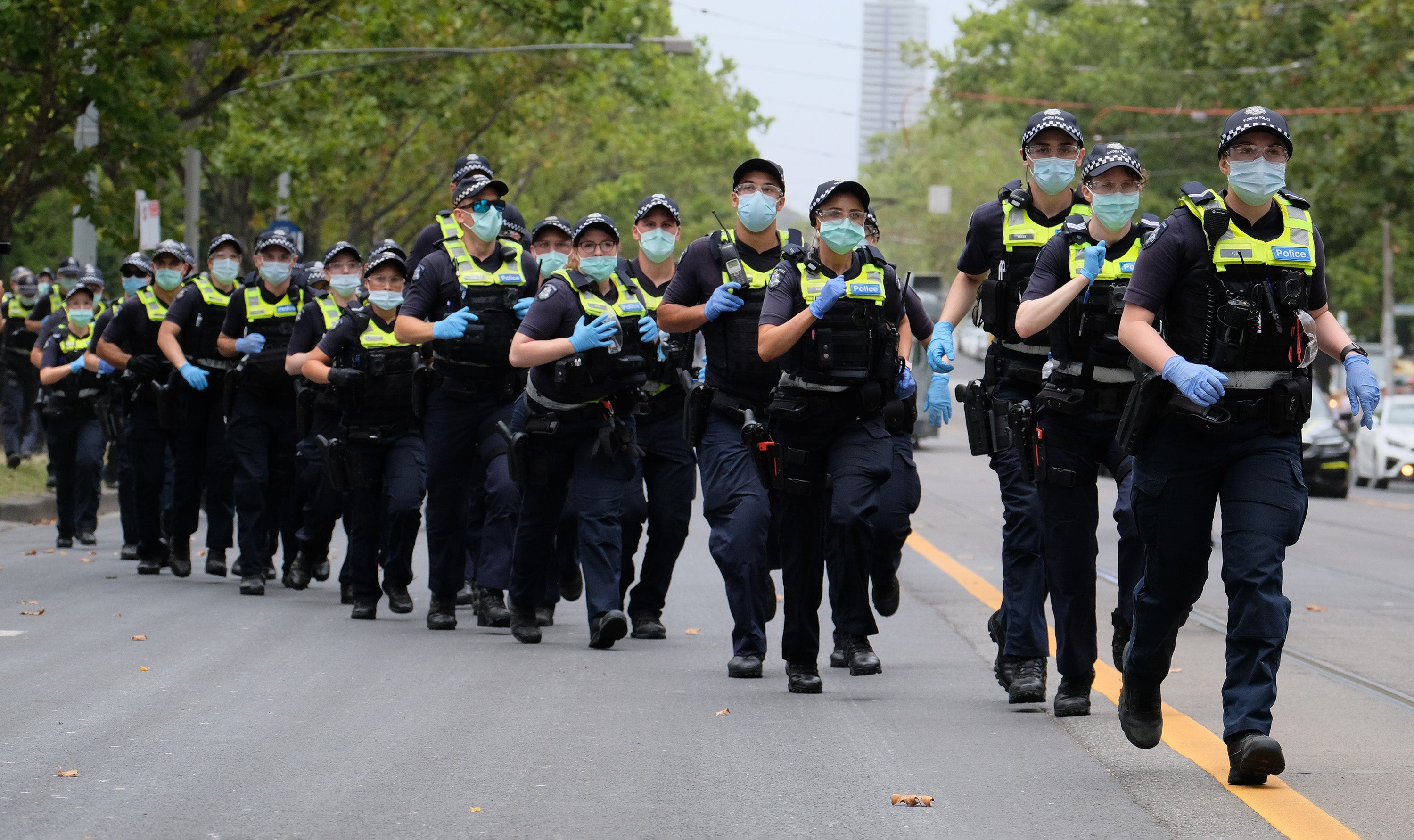Kathleen Folbigg: Could Australia’s ‘worst female serial killer’ be innocent after all?
Scientific evidence comes as she has already spent nearly 18 years in prison

Your support helps us to tell the story
From reproductive rights to climate change to Big Tech, The Independent is on the ground when the story is developing. Whether it's investigating the financials of Elon Musk's pro-Trump PAC or producing our latest documentary, 'The A Word', which shines a light on the American women fighting for reproductive rights, we know how important it is to parse out the facts from the messaging.
At such a critical moment in US history, we need reporters on the ground. Your donation allows us to keep sending journalists to speak to both sides of the story.
The Independent is trusted by Americans across the entire political spectrum. And unlike many other quality news outlets, we choose not to lock Americans out of our reporting and analysis with paywalls. We believe quality journalism should be available to everyone, paid for by those who can afford it.
Your support makes all the difference.It seems science has come to the rescue of Kathleen Folbigg, who was branded 'Australia's “worst female serial killer” after she was sentenced to 40 years in prison for murdering her own four babies.
The recent turn of events has turned Folbigg’s case upside down and opened the possibility of the convict being freed after already spending 18 years in prison. If freed, the case would go down as the worst miscarriage of justice in Australia's history.
As many as 90 leading scientific experts, including two Nobel laureate, signed petitions backing her pardon, arguing that her all four children had rare genetic conditions and they were not smothered by her.
Folbigg was jailed in 2003 for killing her children before each had turned two between 1990 and 1999. She was convicted of killing her children Caleb, Patrick, Sarah and Elizabeth.
Now 53, she has maintained her innocence all along, insisting that the children died due to Sudden Infant Death Syndrome.
A full genomic sequencing of Folbigg and her four children shows that two of her children inherited a genetic mutation from their mother.
“The variant was in a gene called CALM2 (that encodes for calmodulin). Calmodulin variants can cause sudden cardiac death,” Carola Vinuesa, a professor of immunology and genomic medicine at the Australian National University, told the BBC.
Defects in the CALM genes could lead to heart arrhythmias that can cause cardiac arrest and sudden death in infants and children. According to experts, only 75 people in the world have genetic mutations in CALM genes.
Two other children, Caleb and Patrick, had genomes which showed a rare genetic variant in the BSN gene, which is linked to lethal epileptic fits. The medical history showed one with epilepsy and another with floppy larynx.
”The key factor is that the science has shifted in this case, through new knowledge, to the point where this long list of incredibly learned and eminent Australians is demanding justice be served,“ Ian Connellan, editor-in-chief of the Royal Institution of Australia said.
If pardoned, Folbigg’s sentences will not overturned but she will have to appeal for her conviction in the New South Wales courts, ABC News reported. She would also be eligible for parole, including the time served, in 2028, if the pardon is not granted.




Join our commenting forum
Join thought-provoking conversations, follow other Independent readers and see their replies
Comments